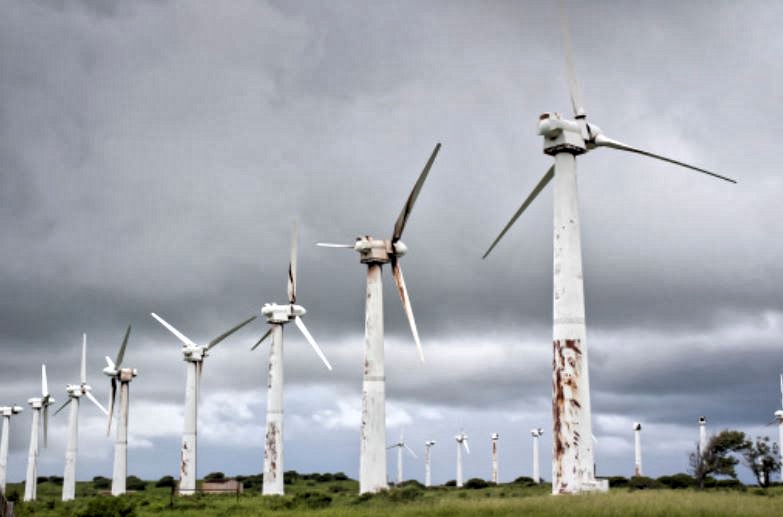Colorado Gazette
William Perry Pendley
PERSPECTIVE: Biden’s energy policy — American Indians’ loss
The Biden administration’s war on the ability of American Indians and tribal nations to develop their energy resources is finally receiving the probing attention it deserves, resulting in an aggressive pushback from American Indians and tribal leaders.
The tipping point came last month when Biden’s Department of the Interior announced a 20-year moratorium on new oil and gas leases on 350,000 acres of federal land within 10 miles of Chaco Culture National Historic Park in northwestern New Mexico.
Navajo Nation, which earlier withdrew its support for a 5-mile park buffer due to the economic cost to tribal members, had lobbied against the closure, then condemned the decision by Interior Secretary Deb Haaland, a member of New Mexico’s Pueblo of Laguna and “the first Native American to serve as a cabinet secretary,” and watched as many of its members blocked access to the park where Haaland celebrated her edict.
The response is no surprise. Biden’s plan will cost Navajo allottees—whose median annual income is only $20,000, but who receive an average annual royalty revenue from oil and gas production of $28,000 — $194 million over 20 years! Meanwhile, oil and gas royalties lost to the federal treasury over the course of the withdrawal total $1.02 billion.
Navajo Nation is not alone in its ownership of vast energy resources or as the target of the Biden administration’s war on so-called fossil fuels. The Three Affiliated Tribes (Mandan, Hidatsa and Arikara Nation) on the Fort Berthold Indian Reservation in central North Dakota sit atop the famed and productive Bakken Formation and have been enriched by its development.
The Southern Ute tribe in Colorado, Wind River Eastern Shoshone and Northern Arapaho tribes in Wyoming, Jicarilla Apache tribe in New Mexico, Navajo Nation in the Southwest, Ute Indian tribe in Utah, and the Osage Nation in Oklahoma possess significant oil reserves.
In addition, Alaska Native corporations own subsurface mineral rights and prosper by providing oil support services throughout the Last Frontier.
Biden’s refusal to conduct quarterly federal oil and gas lease sales as required by federal statute and needed to complete units on some tribal lands as well as his closure of federal lands to oil and gas leasing; his Draconian regulations, especially those relating to methane gas, and his administration’s efforts to deny financing to the oil and gas operators who will develop these energy resources all harm Indian nations.
Tribes and Alaska Native corporations are denied the profits they might earn at a time of high and increasing energy prices while Indians, among the poorest Americans, are forced to choose between food and fuel.
Meanwhile, American Indians watch in bewilderment as the Biden administration spends billions subsidizing electric vehicles, which are far beyond their ability to afford; are all but useless in the wide-open spaces they call home, and are decades away from having reliable access to electric charging stations.
It is not just oil and gas. American Indians have benefited from the development of the nation’s coal resources for decades, including the Navajo and Hopi in Arizona and the Crow in Montana.
In fact, coal in the latter’s Powder River Basin is some of the highest quality and cleanest-burning coal in the world, often called “compliance coal” because it meets air quality standards.
These tribes are now suffering because of Biden’s efforts to destroy the market for their coal by eliminating coal-fired electricity in the country and to prevent the transport of their coal for sale internationally, as well as by renewal of an Obama-Biden ban on coal leasing on federal lands, which affects the Crow whose coal is valued at $27 billion.




